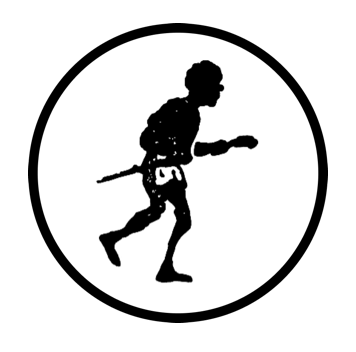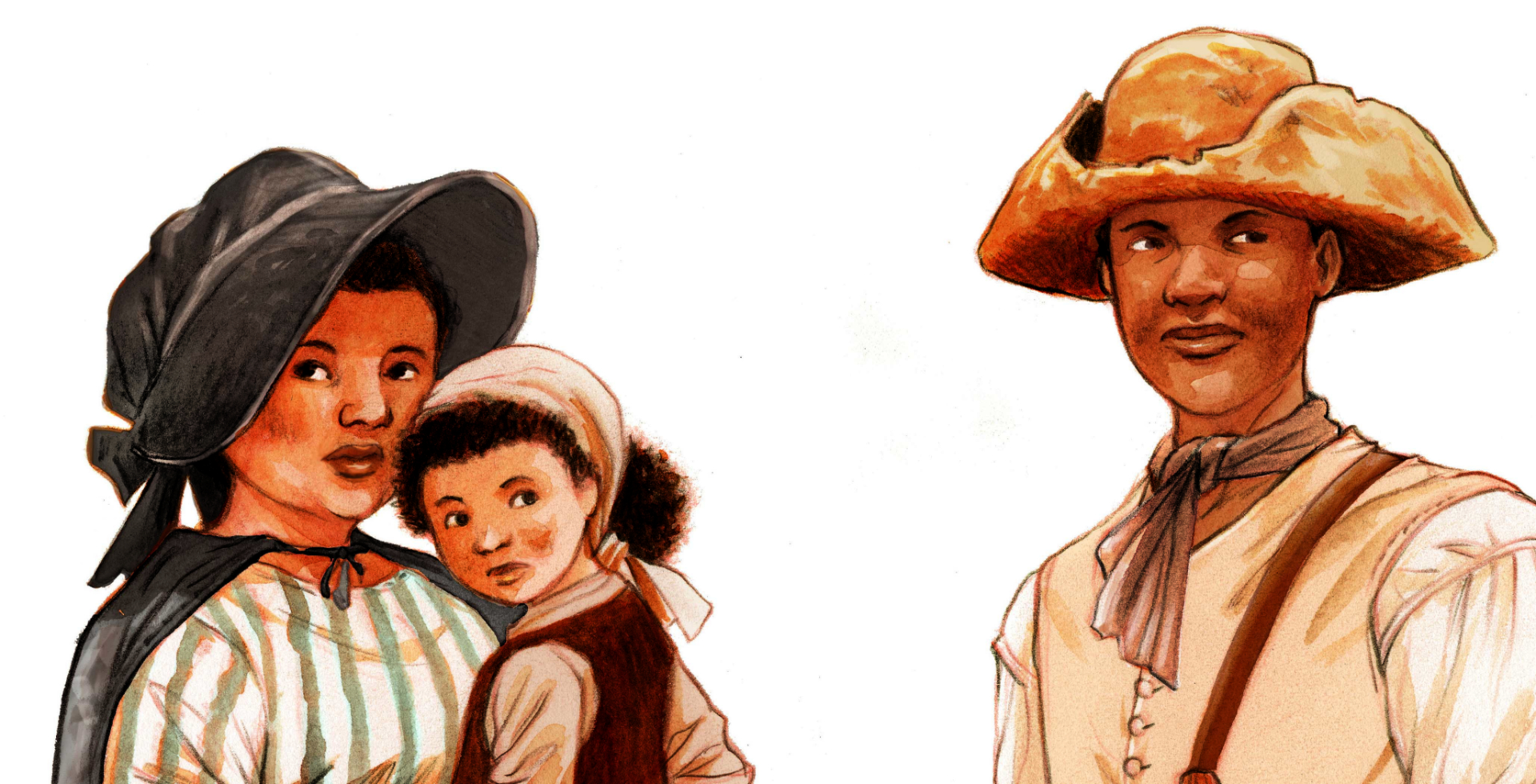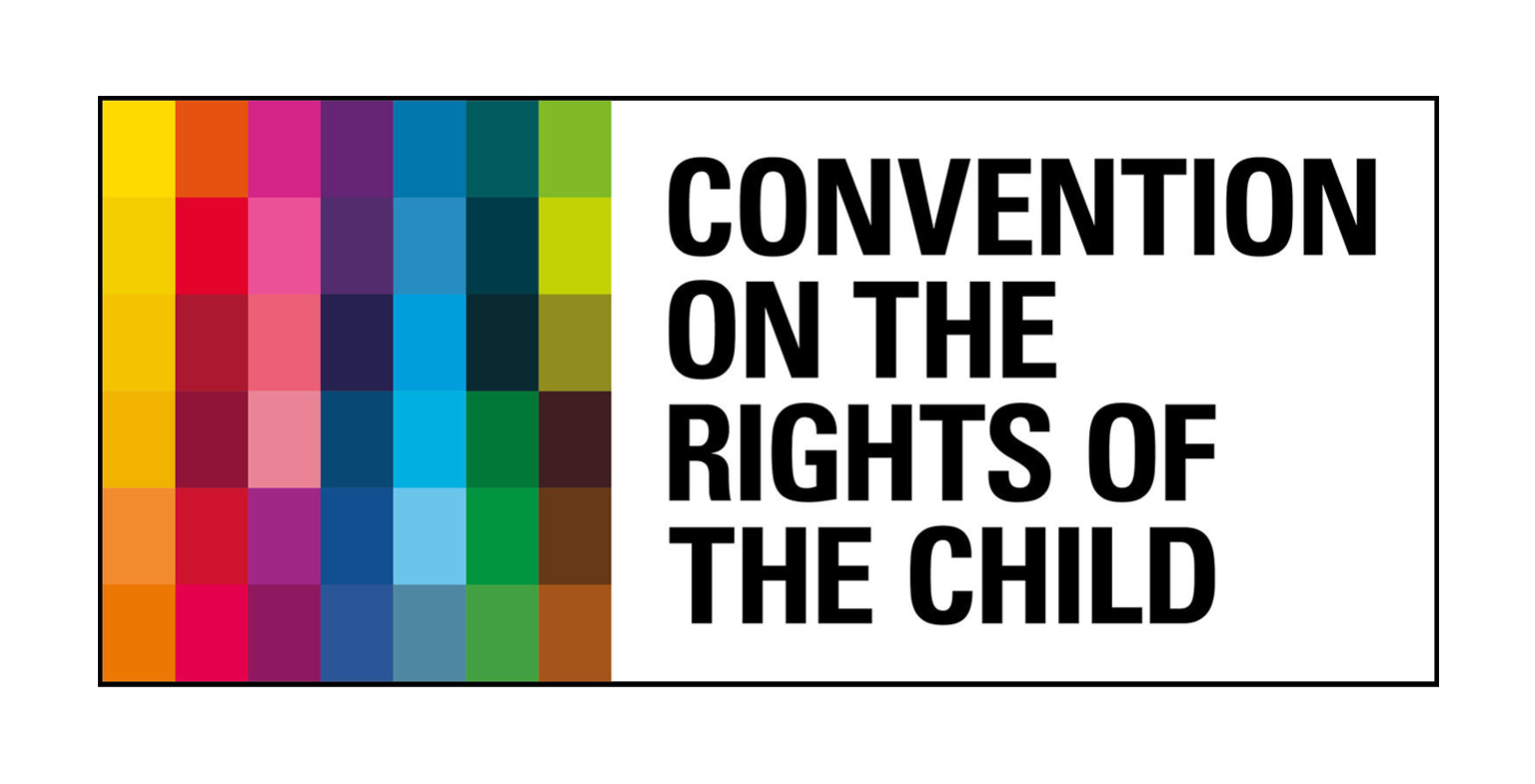
 0
0Uprooted individuals and fractured family units
"It doesn't say Robin was Jane's father."

Slavery is also characterized by the negation of all family or marital ties between individuals. The only recognized tie is the one that binds the slave to the master as his or her private property.
Even childhood was exploited and it was not unusual for child-slaves to be the valets or playmates of the master’s children. In the morning, they were decked out in finery only to be returned to their rags in the evening.
The sale of the children born into bondage provided owners with supplementary income.
The trauma triggered by slavery continues to reverberate in modern society.
Children’s rights
As with all other rights, children’s right to affection and protection by their family was denied under slavery. Slavery left an indelible mark on societies with a colonial past. In fact, it was not that long ago that children born out of wedlock, especially interracial progeny, were no longer called bastards in common parlance.
With the emergence of human rights, childhood was reframed as a critical period of human development that needed protection. Children were seen as subjects under the law and no longer as objects.
Little by little, child labour was prohibited and school attendance became compulsory. Today there are legal instruments for children rights, especially the 1989 Convention on the Rights of the Child, which govern this critical period which is childhood.
The child's right to play, to have access to public education, to be protected from all forms of exploitation, to be helped if neglected or abused, and to obtain the affection and protection of caring persons are now guaranteed.
